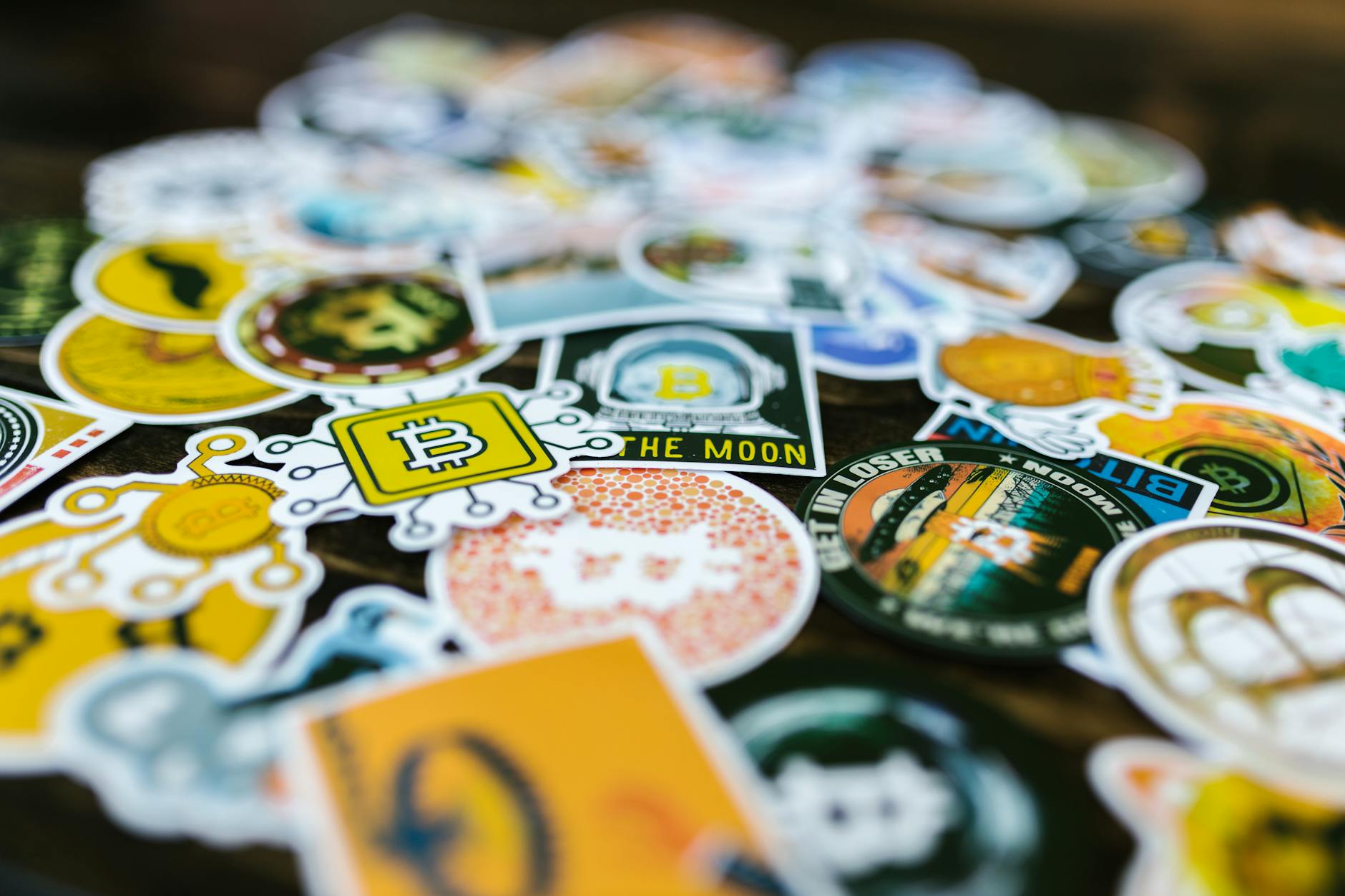Riding on the wave of innovation, Robinhood has once again captured headlines, this time for its push into tokenized equities on the Arbitrum blockchain. However, it's important to clarify off the bat that OpenAI has distanced itself from this initiative, despite its name appearing among the listed equities. This development underscores the complex dance between technological advancement and brand integrity in the fintech space.
For those not in the loop, Robinhood has recently unveiled a new investment opportunity within the European Union, offering access to over 200 U.S. equities in a tokenized format. These include big names like Microsoft and Nvidia, and curiously, 'OpenAI tokens'. Here, blockchain technology allows European investors to engage with U.S. stock markets without some of the traditional barriers. However, the inclusion of OpenAI among these tokenized equities has led to a significant misunderstanding, prompting OpenAI to issue a denial of any involvement or endorsement of these tokens, as detailed in a recent Crypto Briefing report.
This scenario raises an essential question about the permissions and partnerships necessary when a company's name is used in new financial products. OpenAI's swift response to disassociate from the Robinhood listing underscores the importance of clear communication and proper authorization in financial ventures, especially those exploring new territories like blockchain.
Let's dig a little deeper into the tokenization angle. The move by Robinhood to tokenize equities is not just a technological feat, but it's also brilliantly strategic, tapping into a new demographic and geographical market. The process involves creating digital versions of stocks that can be bought and sold on the blockchain, a method that arguably reduces costs and increases efficiency. Each tokenized stock represents a share in a real-world company, and theoretically, behaves in the market in correlation with its real-world counterpart’s performance.
However, it’s not all smooth sailing. The tokenization of stocks brings forth a myriad of regulatory challenges. The financial authorities in Europe will be keeping a keen eye on how these tokens adhere to local securities laws, which are notoriously stringent. The fact that Robinhood has proceeded without involving the companies listed, as highlighted by OpenAI's disavowal, might ruffle some regulatory feathers. It’s a classic case of 'move fast and break things', but in a domain where 'things' are regulated quite tightly.
The comparison to traditional stock trading systems is inevitable. While traditional systems are bogged down by brokerage fees, market hours, and geographical limitations, tokenized stocks promise a 24/7 trading cycle that ignores national boundaries and reduces overhead costs. This could democratize access to global equities, particularly for European investors who might find investing in U.S. stocks cumbersome and expensive via traditional avenues.
However, this innovation should not be mistaken as a shortcut to global investing without legal or financial advisories. As shown by OpenAI's reaction, company involvement and approval are crucial, probably even more so as other enterprises watch this space closely. This episode serves as a cautionary tale that in the rush towards fintech innovation, ensuring compliance and partnership transparency is as important as the technology itself.
In conclusion, while Robinhood’s venture into tokenized equities marks another step forward in the fusion of finance and technology, it also highlights the complications that arise when dealing with corporate identities and regulatory frameworks. Investors should tread carefully, keeping both the technological benefits and potential regulatory hurdles in mind. As for companies like OpenAI, protecting brand identity in an era of rapid technological leaps is becoming an increasingly tricky endeavor. For those interested in discussing the implications of such fintech innovations on company operations and compliance strategies, refer to our analysis on Radom Insights.



